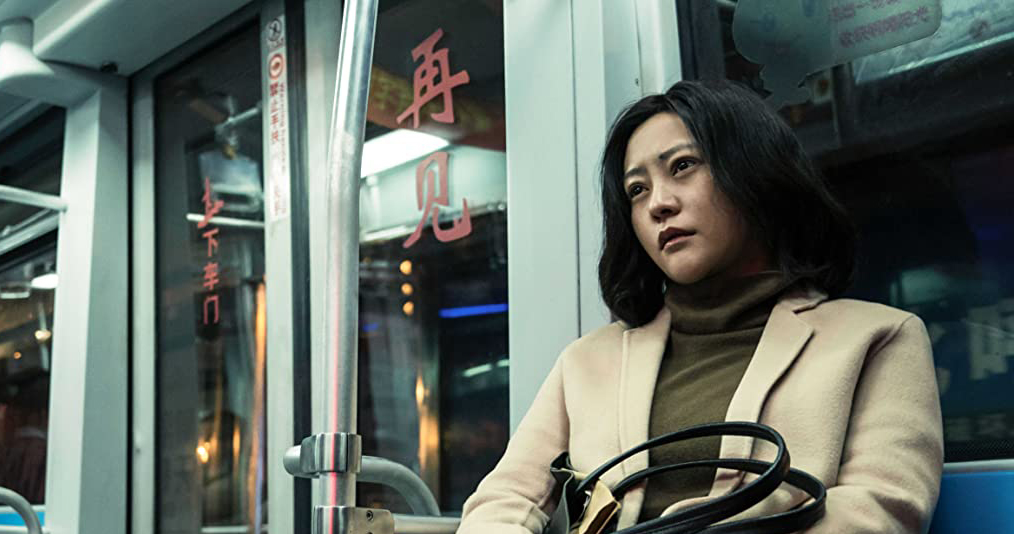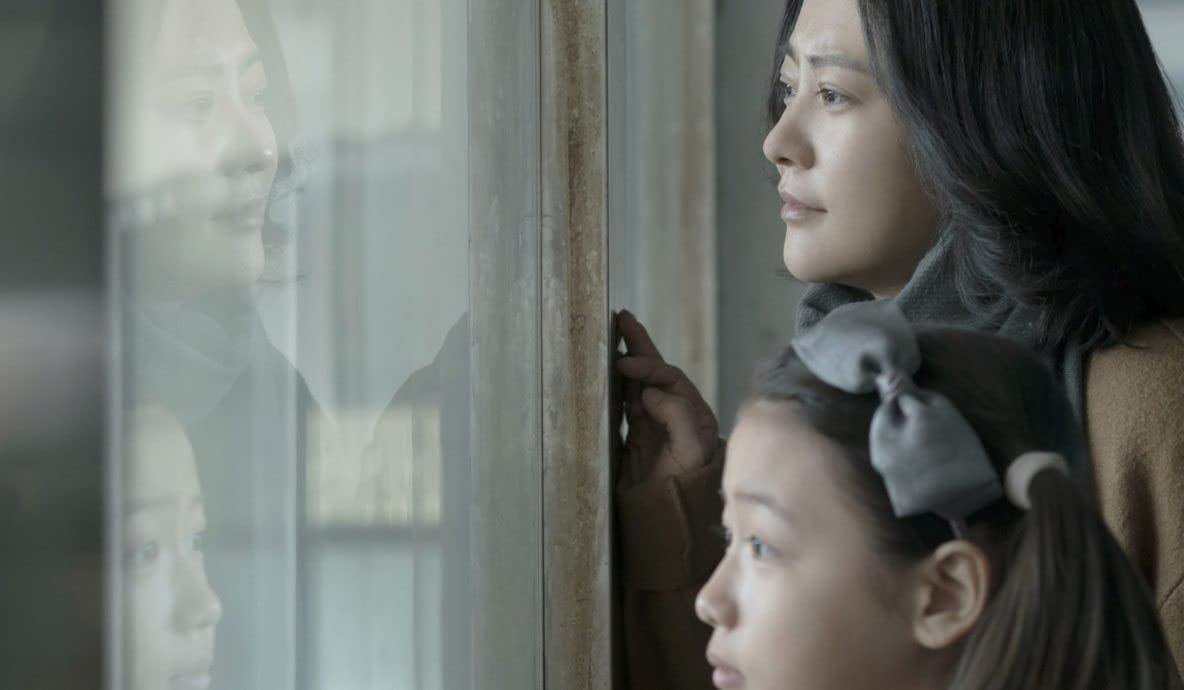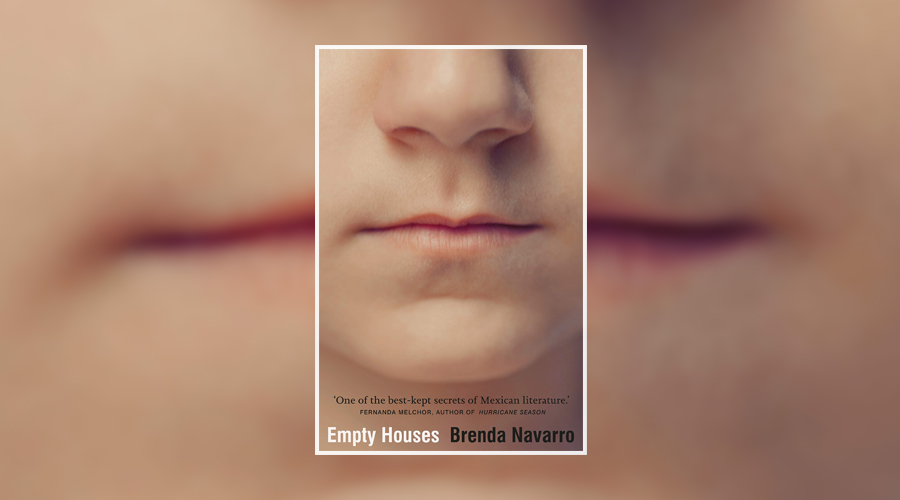Spring Tide – Glasgow Film Festival Review

“You two are incompatible”, says nine year-old Wanting (Junxi Qu), about her mother Jianbo (Hao Lin) and grandmother Minglan (Elaine Jin). After watching Spring Tide, you’d be hard-pressed to disagree.
Yang Lina’s film follows Wanting, Jianbo and Minglan through months of their shared lives in a cramped flat. Minglan is an ex-headmistress and the leader of a patriotic choir, with an undying reverence for the Chinese Communist Party – one of many bones of contention she has with her daughter is her journalism career. Minglan’s new boyfriend, known as Uncle Zhou (Li Wenbo), does his best to keep the peace between mother and daughter, but he’s rarely successful. Wanting, as full as energy as she is opinions, often finds herself the centre of familial conflict. Life is strained in their small living space. To say the least.
Spring Tide has no big narrative arc. It’s the story of this little family, told over a series of conversations, reminiscences and arguments. There are other characters, but none of any import besides the three women and Uncle Zhou. The action does leave the flat, but most of the vital exchanges happen within. As such, the movie is a claustrophobic affair, using the lack of living space to underline the acute discomfort felt by Jianbo and her mother whenever they are in the same room for too long. Throughout, we see Jianbo make a studied effort to keep out of Minglan’s way; as much as she can anyway, given the circumstances. Even when they’re in different rooms, the level of acrimony the two women share is so palpably acute, it permeates every inch of that tiny space. We aren’t told why they hate each other so much. We gradually pick it up as the film progresses. A lot of it is down to personality: Minglan is loud and proud about every single perceived slight she’s ever experienced, whereas Jianbo keeps everything inside. Mother is a blaring foghorn of discontent; daughter is folded in on herself so much, it seems as if she’s trying to disappear. There’s also a big, somewhat mysterious trauma around Jianbo’s absent father – Minglan accuses him of exposing himself to strangers; Jianbo thinks he was misunderstood. Whatever the real story, his memory has permanently scarred the women he left behind.
We aren’t told why they hate each other so much. We gradually pick it up as the film progresses. A lot of it is down to personality: Minglan is loud and proud about every single perceived slight she’s ever experienced, whereas Jianbo keeps everything inside. Mother is a blaring foghorn of discontent; daughter is folded in on herself so much, it seems as if she’s trying to disappear. There’s also a big, somewhat mysterious trauma around Jianbo’s absent father – Minglan accuses him of exposing himself to strangers; Jianbo thinks he was misunderstood. Whatever the real story, his memory has permanently scarred the women he left behind.
Spring Tide is not an easy watch. The intensity of feeling on display, the sheer weight of all those years of shared misery: sometimes it verges on suffocating. And yet there’s an empathetic grace in how Yang maps out the history of this family and refuses to pick sides. The performances of Hao and Jin are both compelling in entirely divergent ways, and Yang gives them plenty of space to do their thing. When the finale comes, bringing with it a small measure of hope, it feels a privilege to have borne witness to such a finely drawn, emotionally raw portrait of familial trauma.
★★★★



